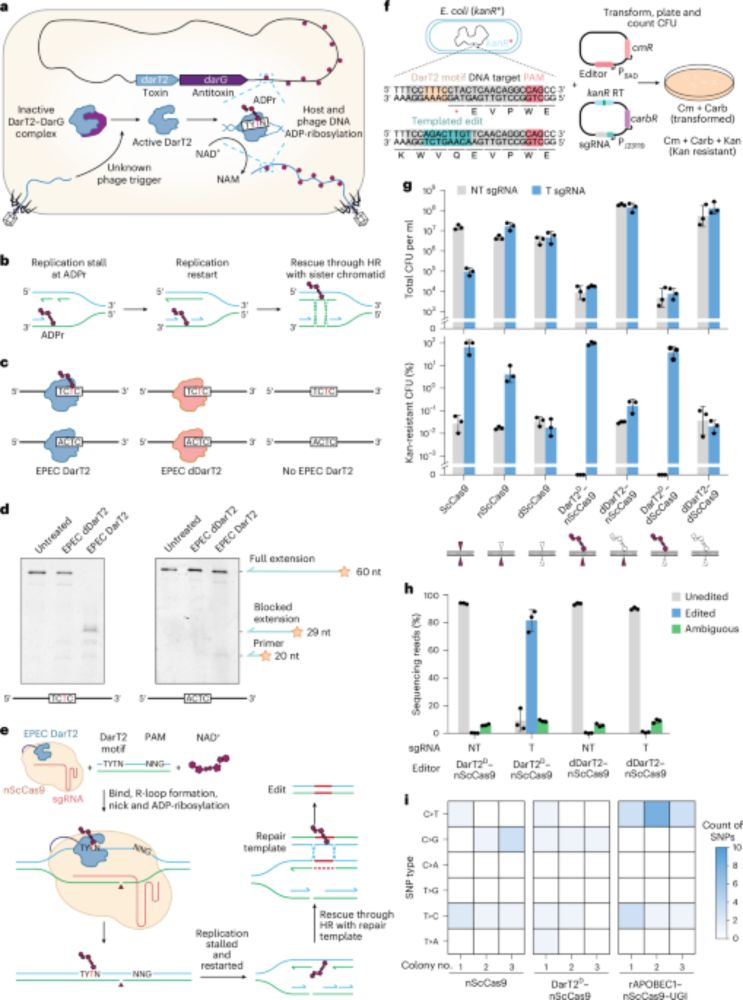Constantinos Patinios
@copabio.bsky.social
62 followers
75 following
35 posts
Group leader at VU LSC-EMBL PI for Genome Editing Technologies, Vilnius, Lithuania
Genome engineer
CRISPR-Cas
DNA replication stall and repair
Posts
Media
Videos
Starter Packs
Reposted by Constantinos Patinios
Reposted by Constantinos Patinios





